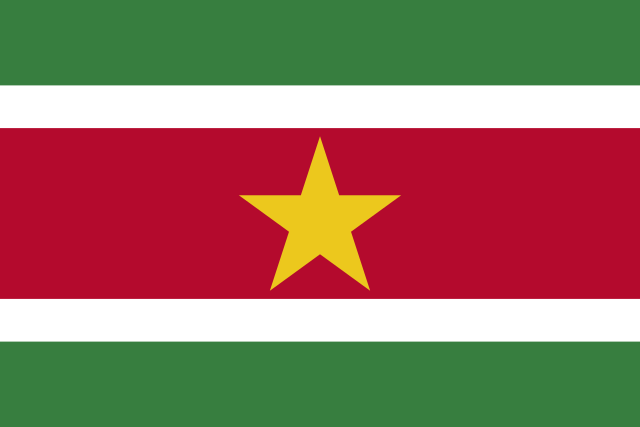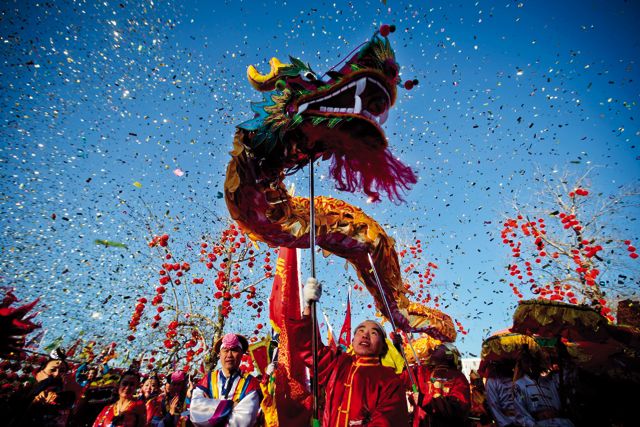Suriname, a small country nestled on the northeastern coast of South America, is home to a vibrant and thriving Chinese community. These Chinese immigrants arrived in Suriname over a century ago, bringing with them their rich cultural traditions and practices. Today, the Chinese population in Suriname has not only preserved their customs but also embraced the diversity of Surinamese society, contributing to its unique cultural tapestry. In this article, we will delve into the fascinating world of the Chinese community in Suriname, exploring their customs, traditions, and the ways in which they have become an integral part of the country’s tourism industry.
History of Chinese migration to Suriname
Suriname, a small country located on the northeastern coast of South America, has a rich history of Chinese migration. The first wave of Chinese immigrants arrived in Suriname in the early 19th century as indentured laborers, brought in to work on plantations after the abolition of slavery. These laborers came mostly from southern China, particularly the Guangdong province, and faced harsh living conditions and limited rights.
Initially, the Chinese immigrants in Suriname worked predominantly in the agricultural sector, cultivating crops such as sugarcane, rice, and tobacco. Over time, however, they diversified their occupations and began engaging in small businesses, trade, and craftsmanship. This marked the beginning of the Chinese community’s gradual integration and establishment in Suriname.
Demographics of the Chinese community in Suriname
The Chinese community forms a significant portion of Suriname’s population. According to the latest available data, approximately 1.5% of Suriname’s population identifies as Chinese or of Chinese descent. This figure may seem modest, but it represents a vibrant and socially active community that has made its mark on the country’s cultural fabric.
Within the Chinese community, there is a diverse range of regional backgrounds and dialects. The majority of Chinese Surinamese are descendants of Cantonese-speaking immigrants, but there are also significant populations that trace their ancestry back to other regions of China, such as Hakka, Hokkien, and other dialect-speaking communities.
Chinese language and dialects in Suriname
The Chinese community in Suriname has managed to preserve its linguistic heritage through the maintenance and use of Chinese languages and dialects. While Dutch is the official language of Suriname, many members of the Chinese community speak their ancestral languages at home and within their social circles.
The dominant Chinese dialect spoken in Suriname is Cantonese, which reflects the heritage of the initial immigrants from Guangdong province. However, as subsequent generations have been born and raised in Suriname, a gradual shift towards Surinamese Chinese, a unique blend of Creole with Chinese influences, has occurred. This linguistic adaptation has allowed for increased communication and integration with other communities in Suriname.
Chinese cultural practices and traditions
The Chinese community in Suriname has impressively maintained and celebrated its cultural practices and traditions, which serve as pillars of identity and cohesion. From vibrant dragon dances during festivals to the tumultuous firecrackers that ward off malevolent spirits, Chinese customs and rituals are still observed with great enthusiasm.
An integral part of Chinese culture that is upheld in Suriname is the importance of family and respect for elders. Filial piety, the deep reverence and care for one’s parents and ancestors, is a central value instilled in Chinese Surinamese households. Family gatherings, particularly during festive occasions, provide an opportunity for generations to bond and pass down ancestral knowledge and traditions.
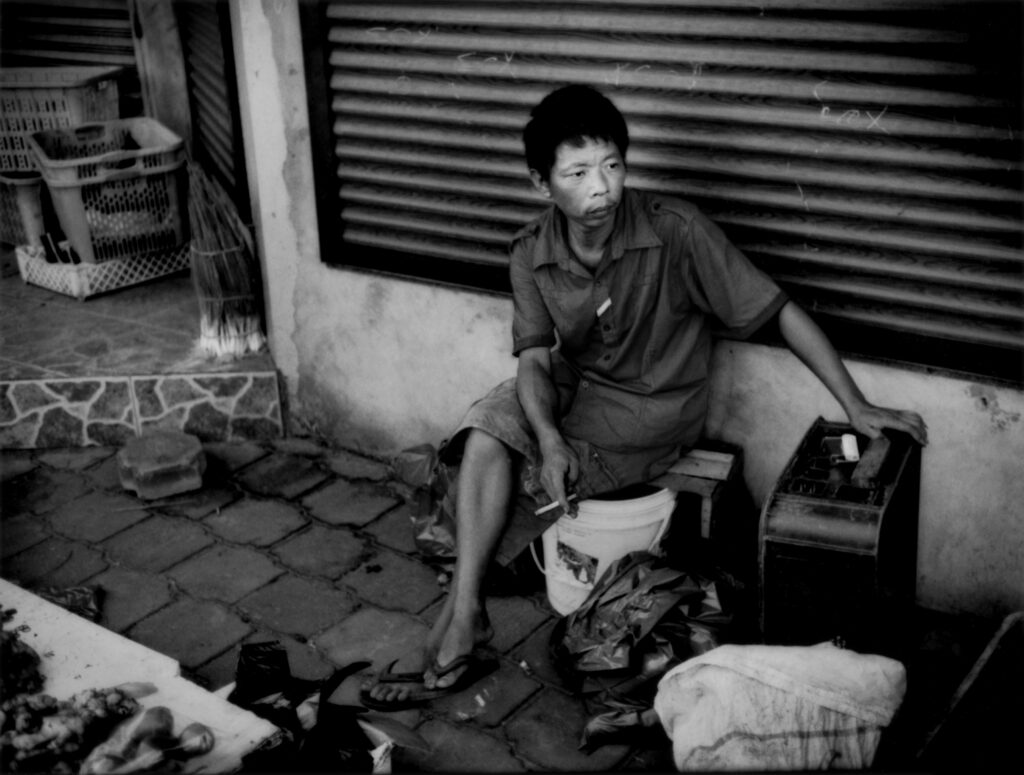
Religion and spirituality among the Chinese community
Religion and spirituality play a vital role in the lives of many Chinese Surinamese. The Chinese community in Suriname encompasses a diverse range of religious beliefs and practices, including Buddhism, Confucianism, Taoism, and Christianity. Each of these religions has its unique rituals and spiritual practices that are woven into the cultural tapestry of the community.
Temples and shrines dedicated to various deities can be found throughout Suriname, serving as sacred spaces for worship and reflection. These religious institutions not only provide spiritual guidance and support but also serve as centers for community gatherings and cultural events.
Chinese cuisine in Suriname
One cannot discuss the Chinese community in Suriname without mentioning its delectable and globally renowned cuisine. Chinese Surinamese cuisine is a fusion of traditional Chinese culinary techniques and ingredients with diverse Surinamese flavors and influences.
Popular dishes such as bami (stir-fried noodles), tjauw min (fried rice), and Chinese-style broths have become staples in Surinamese cuisine. Chinese Surinamese restaurants can be found throughout the country, catering to locals and tourists alike, showcasing the community’s culinary expertise and its contribution to Suriname’s gastronomic scene.
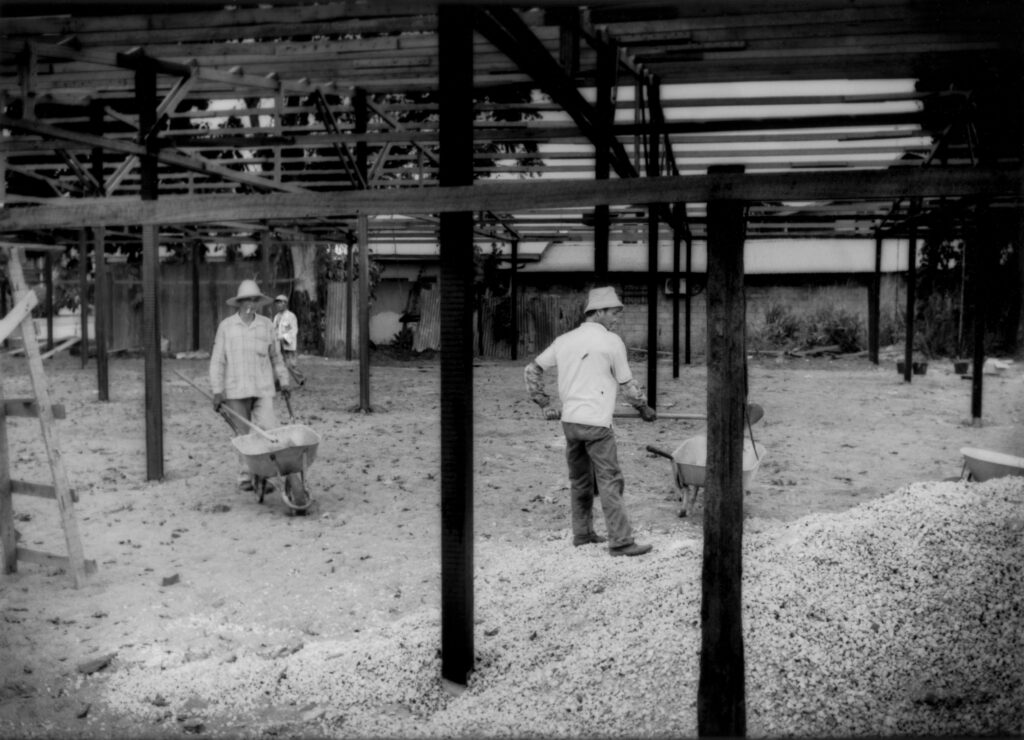
Economic contributions of the Chinese community
The Chinese community in Suriname has made significant economic contributions to the country. Through their entrepreneurial spirit and business acumen, Chinese Surinamese have established a wide range of businesses, including import/export companies, supermarkets, retail stores, and manufacturing enterprises.
These ventures not only provide employment opportunities but also contribute to the overall economic development of Suriname. Additionally, the Chinese community has played an active role in cross-border trade, fostering economic ties between Suriname and China.
Education and cultural preservation
Education is highly valued within the Chinese community in Suriname, as it is seen as a pathway to upward mobility and success. Chinese Surinamese have established educational institutions, such as Chinese language schools, to ensure the preservation of their language and culture among younger generations.
Furthermore, the Chinese community actively participates in cultural exchange programs, both within Suriname and internationally. Traditional art forms, such as calligraphy, martial arts, and lion dancing, are taught and showcased to promote Chinese culture and foster understanding among different communities.
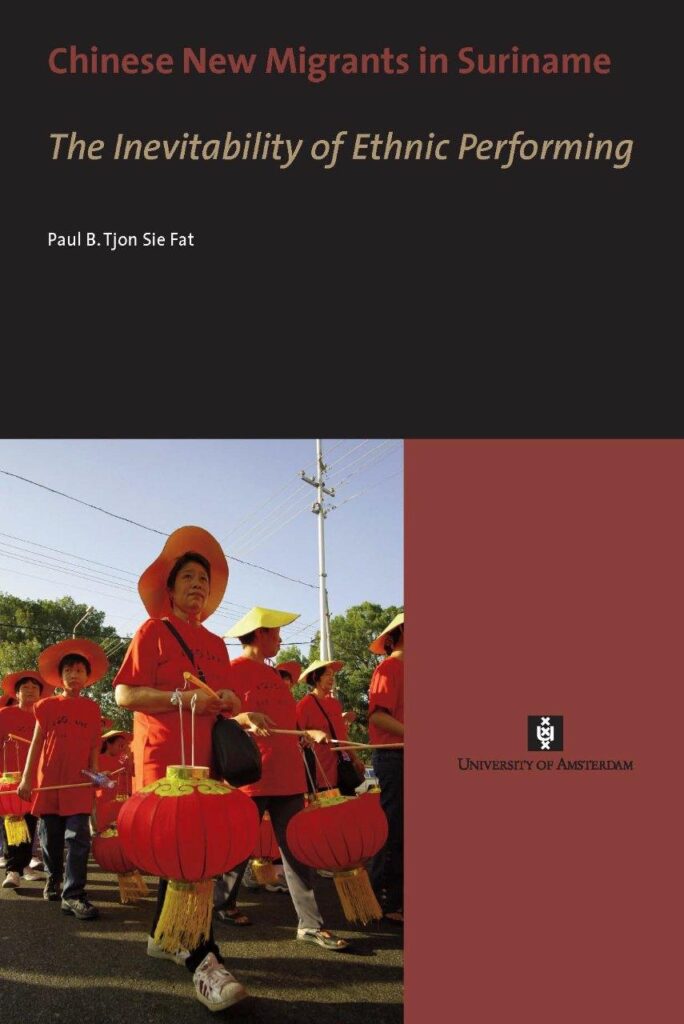
Chinese festivals and celebrations
Chinese festivals and celebrations hold immense significance within the Chinese community in Suriname. Festivals such as Chinese New Year, Mid-Autumn Festival, and Dragon Boat Festival are celebrated with great pomp and splendor, attracting not only members of the Chinese community but also people from various ethnic backgrounds.
During these festivals, the streets of Suriname come alive with vibrant decorations, traditional performances, and mouthwatering culinary delights. These celebrations serve as a testament to the community’s rich cultural heritage and its capacity to foster social cohesion and unity among diverse communities.
Relations between the Chinese community and other ethnic groups
The Chinese community in Suriname has been an integral part of the country’s multicultural landscape, forging strong relationships with other ethnic groups. Chinese Surinamese have actively participated in community events, festivals, and initiatives that promote cultural diversity and understanding.
Intermarriage and cultural exchange have further enhanced relations between the Chinese community and other ethnic groups in Suriname. Over time, this intermingling of cultures has resulted in a unique melding of customs, practices, and even culinary traditions.
In conclusion, the Chinese community in Suriname has made significant contributions to the country’s social, cultural, and economic fabric. Through their resilience, adaptability, and commitment to preserving their heritage, Chinese Surinamese continue to enrich the multicultural tapestry of Suriname, fostering understanding and harmony among its diverse communities.
